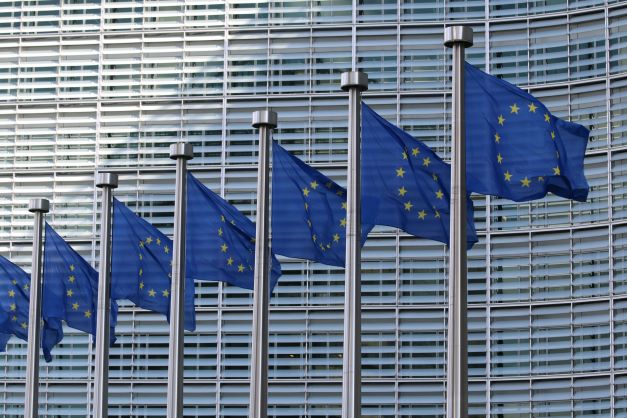EC lowered its forecast for Poland’s GDP
On Friday 11 November, the European Commission lowered its forecast for Poland’s GDP growth in 2022 from 5.2% to 4.0%, and in 2023 from 1.5% to 0.7%. According to the Commission, an economic rebound is to take place in 2024, when the economy will grow by 2.6%.
“Economic growth is expected to decelerate markedly in 2023 and 2024, before turning negative in early 2023. (…) Despite elevated inflation, private consumption growth is expected to remain strong thanks to strong political support, low unemployment and influx of displaced persons from Ukraine,” the commission writes.
The Commission also raised its forecasts for inflation in Poland – in 2022 to 13.3% (in July it forecast 12.2%) and in 2023 13.8% (in July, it forecast 9%). Inflation is expected to stabilize in 2024, falling to 4.9%.
Inflation in Poland is rising “due to rising commodity prices, rising production costs and relatively high demand, which allowed companies to pass costs on to consumers,” the commission says.
“In the future, despite the government’s electricity price freeze, energy price inflation is expected to remain high, mainly due to the increase in natural gas prices, especially in early 2023. Support measures, in particular VAT rate reductions, are expected to be withdrawn in January 2023, also putting upward pressure on energy prices. Nevertheless, the EC estimates that after peaking at almost 19% in early 2023, inflation will fall to 4.3%. at the end of 2024.
EU officials forecast that the unemployment rate will rise only slightly to 3.1% in 2024. “In turn, high inflation allows companies to adapt to rising energy prices by lowering real wages, which are to fall in 2022 and 2023,” it notes.







